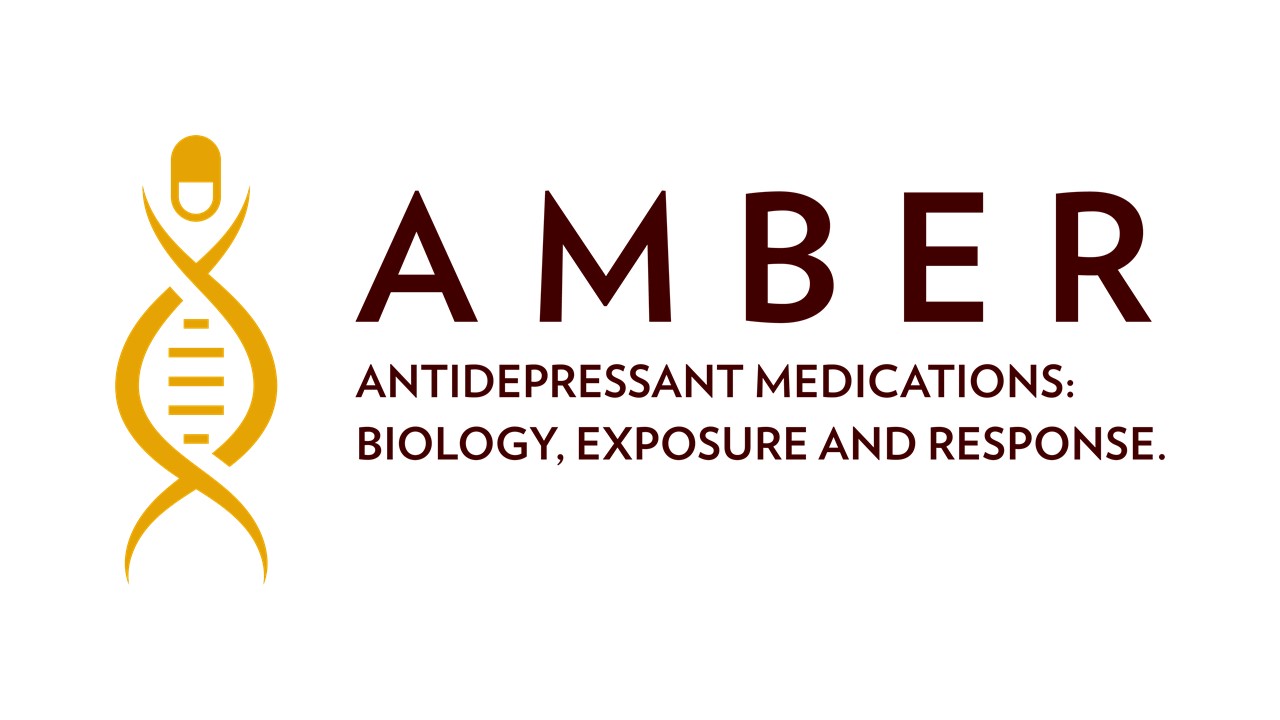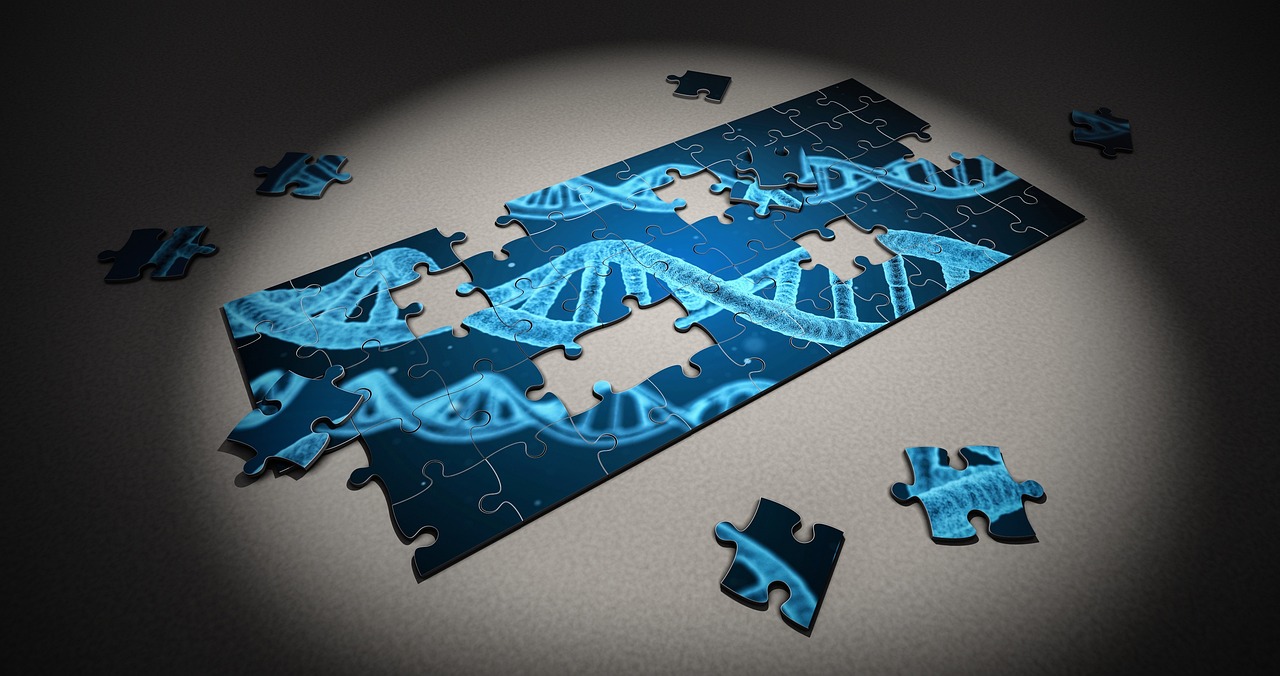In this first of three posts, AMBER researchers explain some of the background to the project, including some of the things we already know and the many things we don’t about genetics.
Depression affects around 1 in 20 adults worldwide. Effective treatments include medication, psychological therapy (e.g. counselling) and social support.
Antidepressants are the main medications prescribed for depression. However, we know very little about how or why they work.
Nearly two-thirds of people prescribed antidepressants find that their first treatment doesn’t work for them 1
For those living with depression, this can mean weeks or months of waiting for relief, only to face disappointment.
What we know:
Antidepressants work differently for different people.
While some people find relief with their first antidepressant, others struggle with side effects or see little improvement1. These differences highlight the complexity of treating depression—there is no “one-size-fits-all” approach.
Antidepressant response has a genetic component.
Research suggests that 13% to 40% of how people respond to antidepressants is influenced by genetics2, which may explain why family members often react similarly to the same medication3.
Genetic differences shape how antidepressants work.
Genes can affect how the body processes medications.
- Some people metabolise [break down] antidepressants quickly. This rapidly reduces the level of the drug in their body, making it less effective.
- Other people process antidepressants very slowly, resulting in high levels of the drug in their body and so increasing the risk of side effects4.
What we don’t know:
The exact genetics involved.
The brain is a highly complex organ, and response to antidepressants may involve hundreds—or even thousands—of genes, each playing a small role. Identifying the key players in this genetic network remains a challenge for scientists.
The influence of other things.
Stress, diet, exercise, and sleep influence which genes are switched on/off and how the body responds to medication. Untangling these interactions is critical to understanding antidepressant response.
How this would work in clinical practice.
Even when genetic markers (clues) are identified, translating these findings into tools clinicians can use in everyday practice is not straightforward5. These tools must be accurate, affordable, and widely applicable to ensure they benefit everyone who needs them.
Why it matters:
Moving towards Personalised medicine.
Understanding the genetics of antidepressant response could make treatment faster, more effective, and with fewer side effects. Doctors could use the patient’s genetic information to prescribe them the right medication the first time. For people with depression, this would save time, reduce frustration, and help them avoid months of ineffective treatment or debilitating side effects.
Patient Empowerment & Choice.
Genetic insights can give people a clearer understanding of which treatment is more likely to work, helping them feel more in control of their care.
Hope for new treatments.
Genetic research offers hope for those who have struggled to find the right treatment.
By uncovering why certain treatments don’t work, researchers can develop new ones that do!
In conclusion:
The genetics of antidepressant response is a field full of promise and complexity. While much has been discovered, there is still more to learn before treatment can be personalised.
But each discovery brings us closer to a future where depression care is more effective and individually tailored.
Blog post written by: Michelle Kamp, Chris Wai Hang Lo, Ke Hu, Kate Stewart and Cathryn Lewis (WP4), King’s College London.
Find out more
Scientific information on AMBER: https://www.kcl.ac.uk/research/amber-antidepressant-medications-biology-exposure-response
Have questions about this research? Share your thoughts in the comments!



